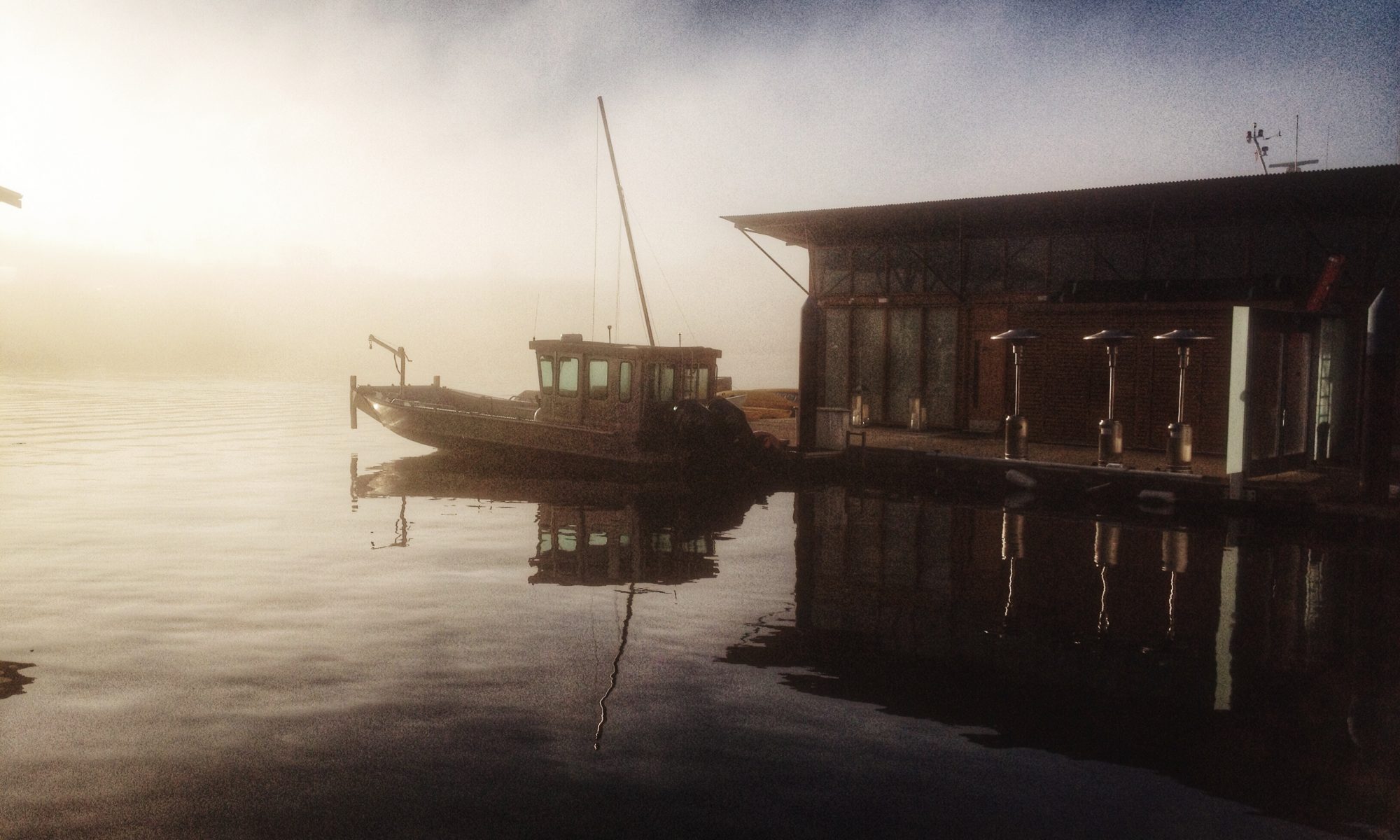So, reading about the upcoming signing of the Dogrib land claim and self-government agreement, if got me thinking about the city-state.
Growing up in Toronto, we long felt somewhat like a city-state, as the level of power that Toronto appeared to wield was on par with that of the province in some regards (having moved away from Toronto, that’s become clearly, patently untrue. But within Toronto, it appeared to be that way). When Toronto swallowed up it’s neighbouring boroughs to become ‘The MegaCity’, with regional powers extending beyond even that, Douglas Coupland wrote in a short peice in Saturday Night magazine (it may have been something else, but I think it was that mag), prophesising about the province of Toronto in the future.
Across Canada, the major cities have an immense amount of influence, but also, due to their relative isolation, seem to have an unfair influence on the running of their provinces. Sure, about half of British Columbians live in the Lower Mainland, but I’d imagine that the concerns of Lower Mainlandians and other British Columbians are quite different. It’s clear that the concerns of Vancouverites vs. Deltans is already different enought. Perhaps it would be in the best interests of everyone if the political power of regions was enhanced, at the expense of the province’s power. What if the Kootney region could have more say about where the spending that should go in their area went? Perhaps they could better manage it? I don’t know.
Combine these issues with the immense amount of land-claim agreement that must be dealt with, each successful claim likely parcelling of some small (or large) amount of land to a semi-autonomous rule, perhaps Canada should revisit the federal makeup as a whole? Now, I’ve no idea about the practical applications of this, or it’s likely effects, but I can think of a few: Canada would likely become much more federalized, to keep parity across such a large number of regions (or provinces, or states, or what-have-you). Canadian politics could potentially radically change as a result. I suspect that while the have & have-not transfer accounts would still exist, the percentage of haves to have-nots might change. If each of these regions had some control over education, we might be able to more successfully have distinctive regions within Canada — governing a smaller area and population base, the arguments for allowing language & culturally-specfic education, etc, become stronger, I would think.
Of course, the likelihood of this happening is very close to nil. But I wonder if there are actual studies on this, about possible outcomes, models and effects on Canada?
